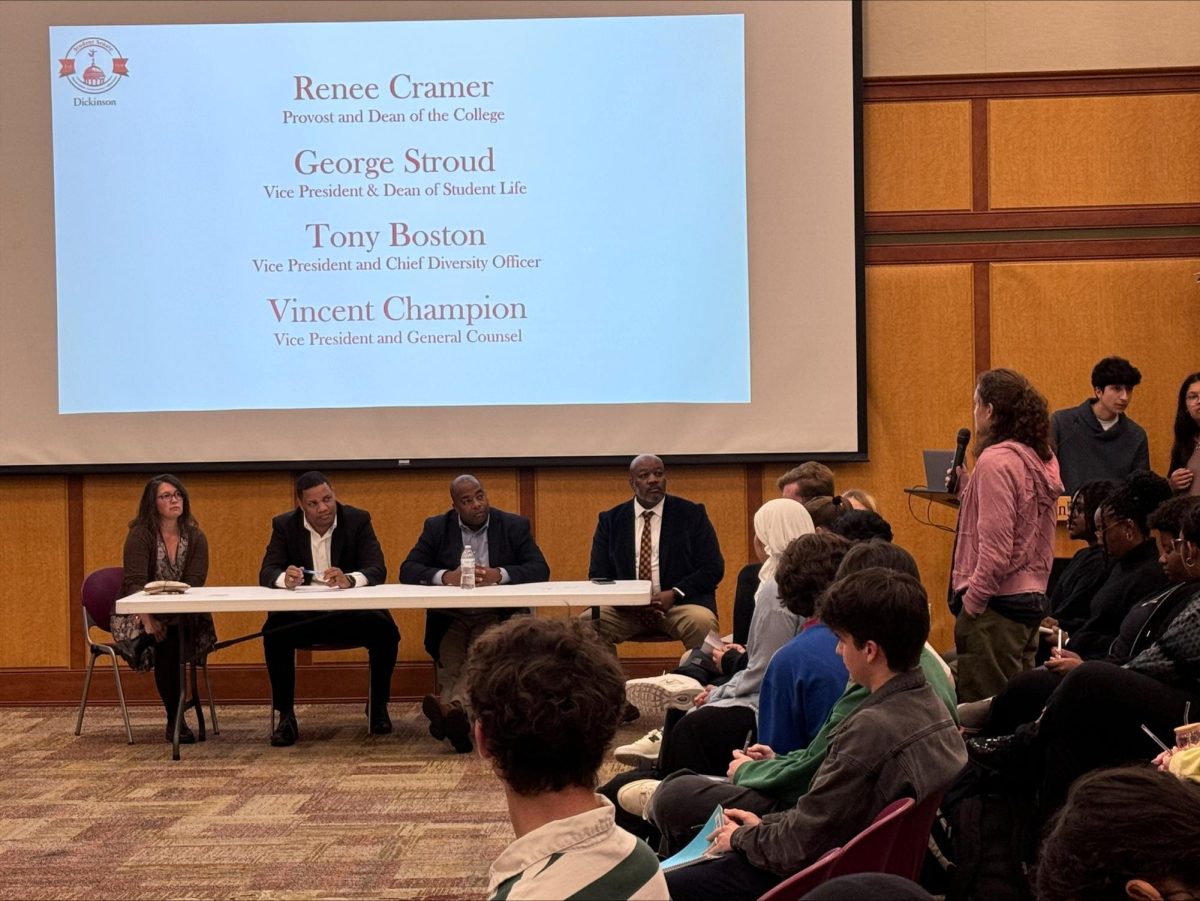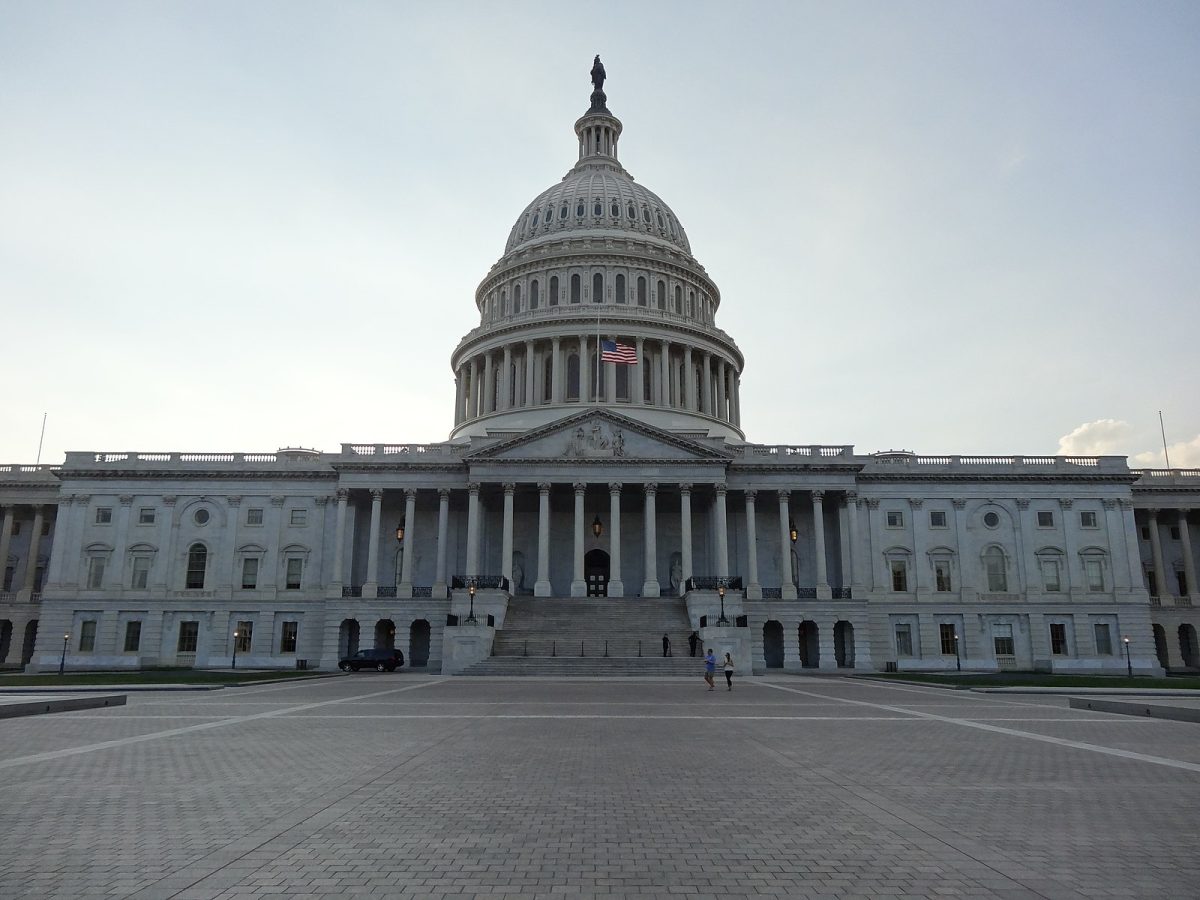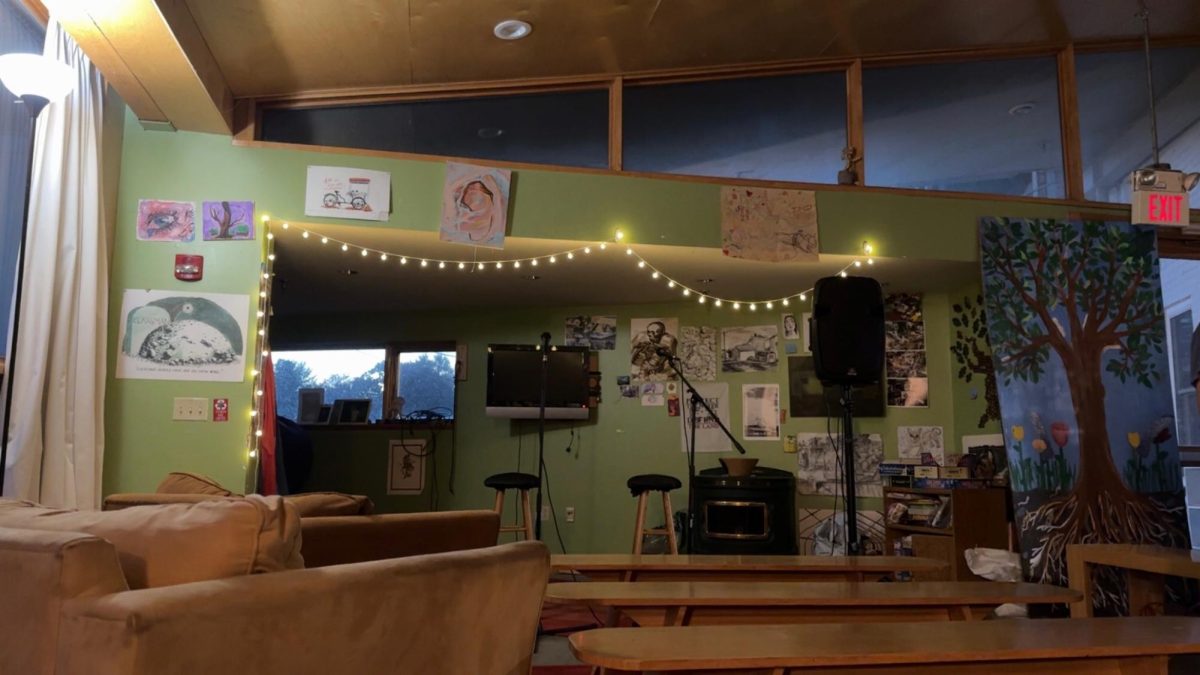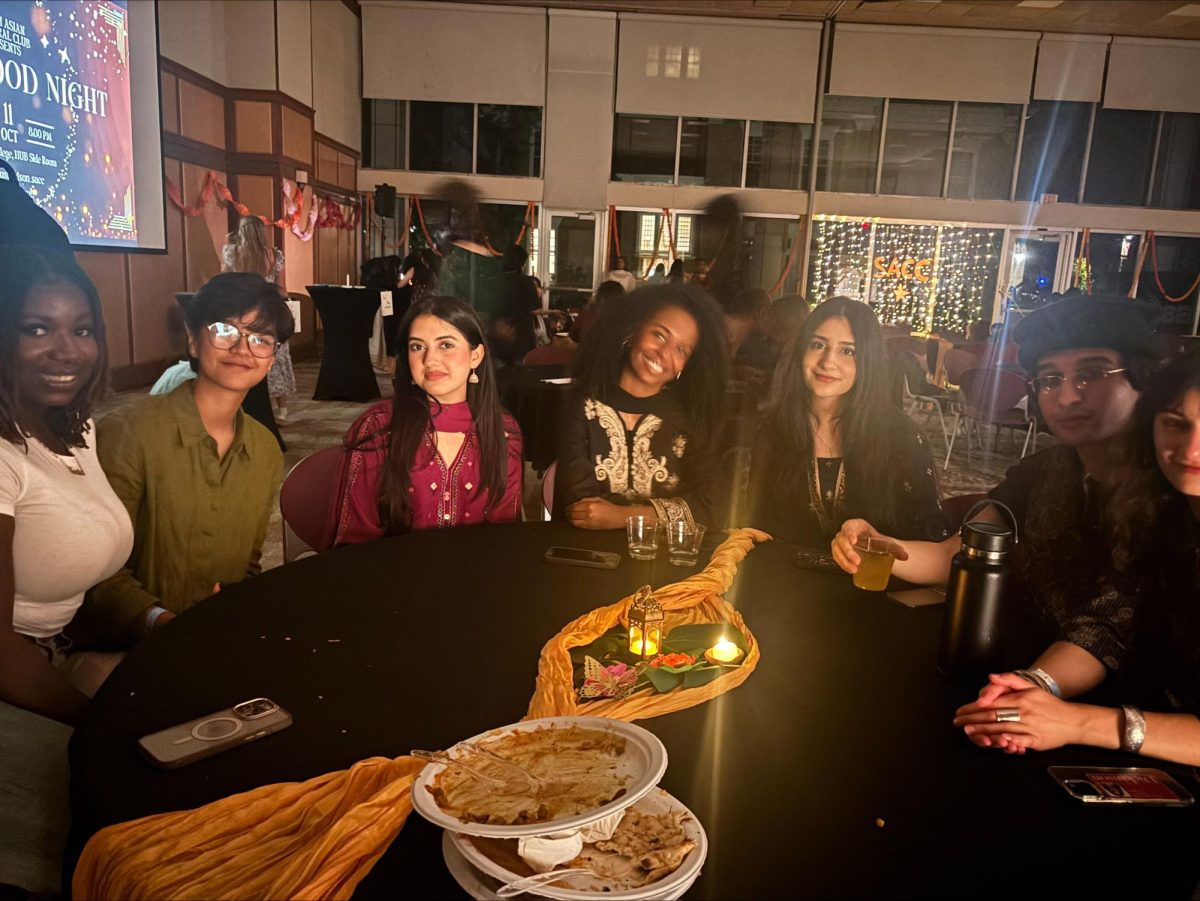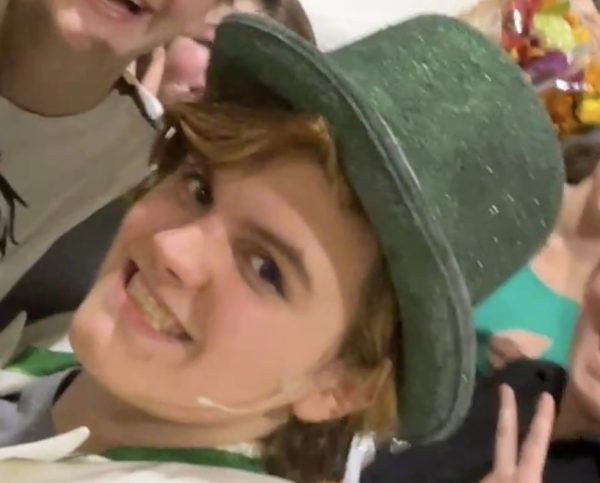After issuing a new policy on campus demonstrations in the Student Handbook on September 10, the Provost and campus Vice Presidents agreed to a question-and-answer session in association with Student Senate in the hopes of clarifying points of the policy.
The panel from the President’s Office consisted of Provost and Dean Renee Cramer, General Counsel Vince Champion, Chief Diversity Officer Tony Boston and Dean of Students George Stroud. Students were asked to write questions on notecards, which were then collected, sorted into similar questions and passed to the Student Body President Andrew Garcia ’26, who presented the questions to the panelists.
To begin the panel, Stroud said he “understands there are concerns,” surrounding the new demonstration policy. He continued to say that, in the context of the nationwide protests over the past couple months, “[colleges]… as an industry were tasked to get these things in order.” Stroud went on to explain how colleges nationwide needed to reconsider their demonstration policy after these events, and how it was not a uniquely Dickinson decision to change demonstration policies amidst continual protests and increased federal demands.
Stroud went on to clarify controversial aspects of the new policy, specifically the policy surrounding masks at demonstrations. Stroud said that the College will, “[honor] religious and medical [items],” assuring students that their medical safety and religious expression will not be infringed upon in the new policy. He further clarified that the new policy was designed to prevent a “hostile environment” in which face-obscuring masks are used to intimidate students and put them in danger.
Stroud clarified that there was no student input on the policy, due to the College being “tasked as an administration” to create a policy which could prevent hostile environments. Champion reminded students that if they felt threatened due to the lack of identity obscuring masks “[the college] has DPS… [and other] resources you can turn to.”
Cramer insisted that balance is needed, and that “[access and demonstration] can exist together, in tension [rather than in conflict].” Champion and Boston clarified that the policy hinges on Title VI enforcement criteria in determining a hostile environment, which is one that prevents students from “participating in … the school’s activities.”
When asked about the potential return of overnight encampments, if they did not prevent student activity, Boston responded that the overnight encampments were a “significant safety issue” but refused to offer any specifics, worrying about providing “a roadmap to wrongdoings that would make [us] all unsafe.”
When asked about the First Amendment, Champion said that, due to the College being a private institution, “The First Amendment doesn’t apply here.” However, he elaborated that the College values First Amendment values, which it strongly incorporates into the student codes of conduct.
At the end of the session, the panel picked two students to ask additional questions, beyond those on the notecards. One student asked about the situational applicability of the new policy, specifically asking, “a need for detail.” Stroud responded that the College is “gathering feedback now” on how to alter the policy next year. Another commented that “more discussion is necessary,” and that the policy needed to be clearer, to keep students safe.
After the panel, The Dickinsonian attempted to interview students about their opinions on how the session went. Many students declined to be interviewed, due to the complicated context surrounding the policy. However, Zoe Selig ’27 said that the panel went “as expected.” She said she was “glad to see students present” and that the college should “make more space for … follow up questions.”



